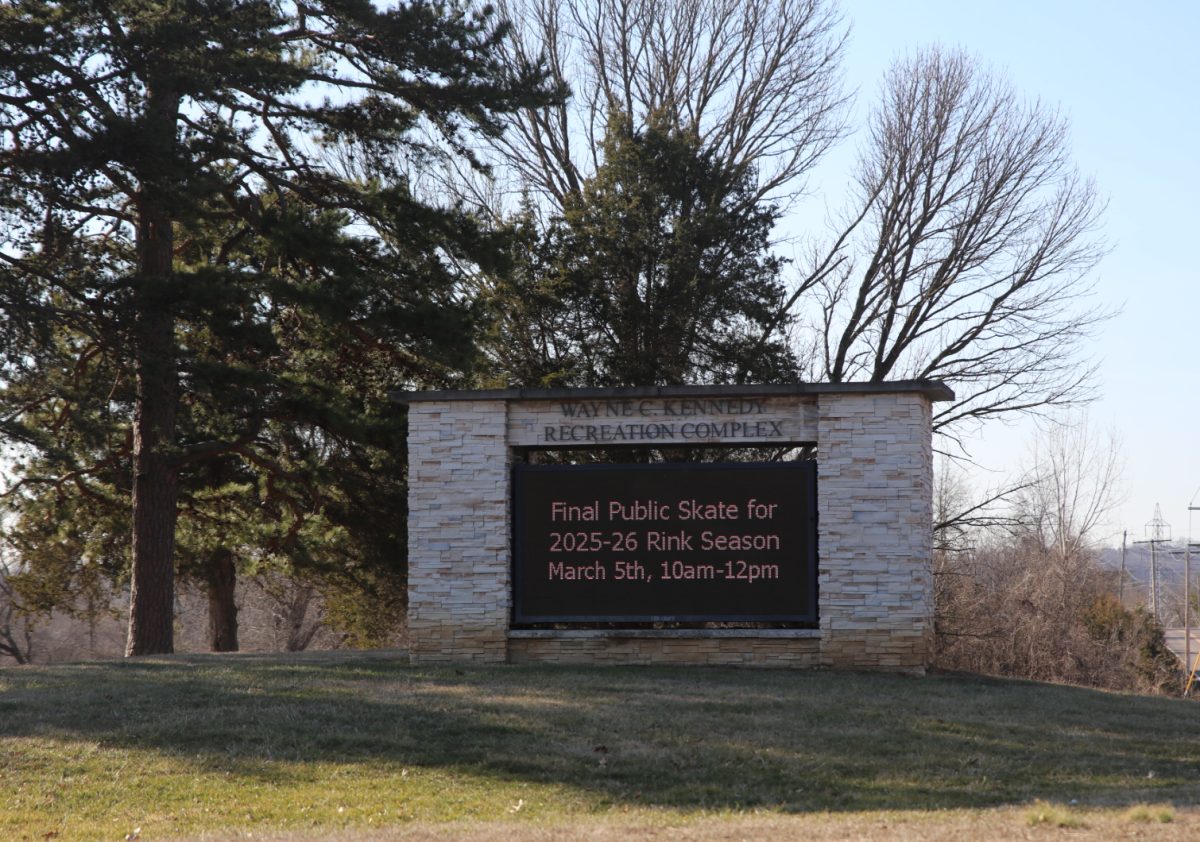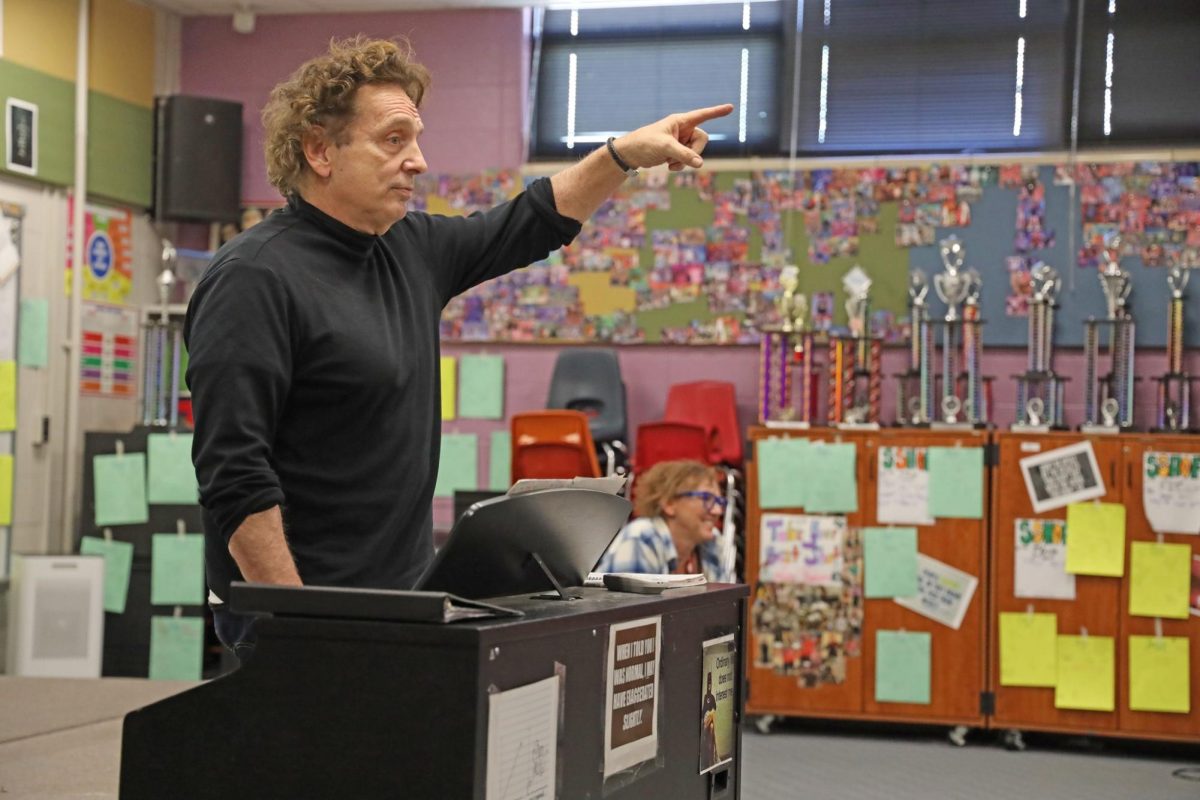After rejecting a proposed use tax last November that would have funded a new countywide emergency communications system, county voters are being asked to reconsider this November.
The County Council voted 5-2 last week to place a 0.1-percent sales tax on the Nov. 3 ballot to fund a new emergency communications system. Sixth District Councilman Steve Stenger, D-south county, and 7th District Councilman Greg Quinn, R-Ballwin, were opposed.
More than 55 percent of county voters last November rejected Proposition H, a countywide 1.85-percent use tax on all out-of-state purchases of more than $2,000 for the purposes of “enhancing county and municipal public safety, parks and job creation and enhancing local government services,” including a countywide emergency communications system.
The newly proposed sales tax would generate $13.6 million annually, according to the St. Louis County Emergency Communications Commission, which requested the measure be placed before voters.
As proposed, the sales tax would fund an $80 million countywide emergency communications system. The interoperable system would allow all police, firefighters, ambulance, public works personnel and other emergency service workers to communicate with each other at a disaster scene.
In addition, the new countywide communications system would allow emergency responders to meet a Federal Communications Commission requirement to narrow their frequencies by the end of 2012.
Fifth District Council Vice Chair Barbara Fraser, D-University City, said even though residents might be concerned with another tax, she believes voters deserve the opportunity to decide for themselves.
“It is crucial that we explain that this is probably one of the best expenditures of our sales-tax money that has ever been spent because it will literally save lives,” Fraser said.
While she is aware asking for a tax-rate increase during a downward economic climate is difficult, 3rd District Councilwoman Colleen Wasinger, R-Town and Country, said she believes the new communications system is needed.
“We probably all share the concern about asking for tax increases,” she said. “And I don’t think any one of us would say that we do that lightly.”
But while Stenger agrees that the emergency communications system is needed, he does not believe it should come at the expense of already-taxed county residents.
“It’s federally mandated,” Stenger said. “Why not let them fund it? If it’s the federal government who wants it that badly, what about the federal government funding it? We talked about it before having it funded by stimulus money.
“There were some people who were upset with me that I didn’t vote the way they wanted me to. They were almost shocked that I voted ‘no,”’ he added. “To me, I’m equally as shocked that we would be putting a ballot measure out there that raises taxes at a time like this. So, there must be some shock to people on both sides.”
Quinn, who joined Stenger in voting against placing the tax on the November ballot, also said he does not believe this is the proper “economic climate” for additional taxes.
While citing such economic hardships as property-tax-rate increases over the years and the closing of the Fenton Chrysler plant, Quinn also believes county officials should consider “other funding sources instead of an increase in taxes” for the emergency communications system, which he believes is warranted.
Quinn also noted Pinnacle’s River City Casino in Lemay will open next year and that new revenue from that alone could fund the communications system. The casino is expected to generate $13 million in additional annual revenue for the county.
Stenger said by voting “no,” he simply is trying to follow the will of his south county constituents and protect residents from further taxes in a precarious economic time.
“It’s going to be left up to the voters,” he said. “And I certainly in my vote wasn’t trying to keep it from the voters. But I know that it’s already been to the voters once. It went to the voters basically through Prop H. And they said ‘no’ then. So, the thing that I was really trying to do was represent my district and represent what I believe what the overwhelming majority of my district thinks, which is we already voted ‘no’ on it once. It really didn’t come anywhere near passing, and I just felt that they really didn’t want to see it again.
“And frankly, it’s just not the time for it with the economic situation we’re in. The economy hasn’t gotten any better since November, and it’s gotten worse. So that’s where we’re at. I think people in our district would have hoped that their assessed values would have gone down more than they did. There are people who just simply can’t sell their houses. There are people who are going into foreclosure. With that said, this is just a really bad atmosphere. Basically, it’s reality. People are hurting, and they don’t need another pressure on their pocketbooks. Now’s just not the time for it,” Stenger said.








